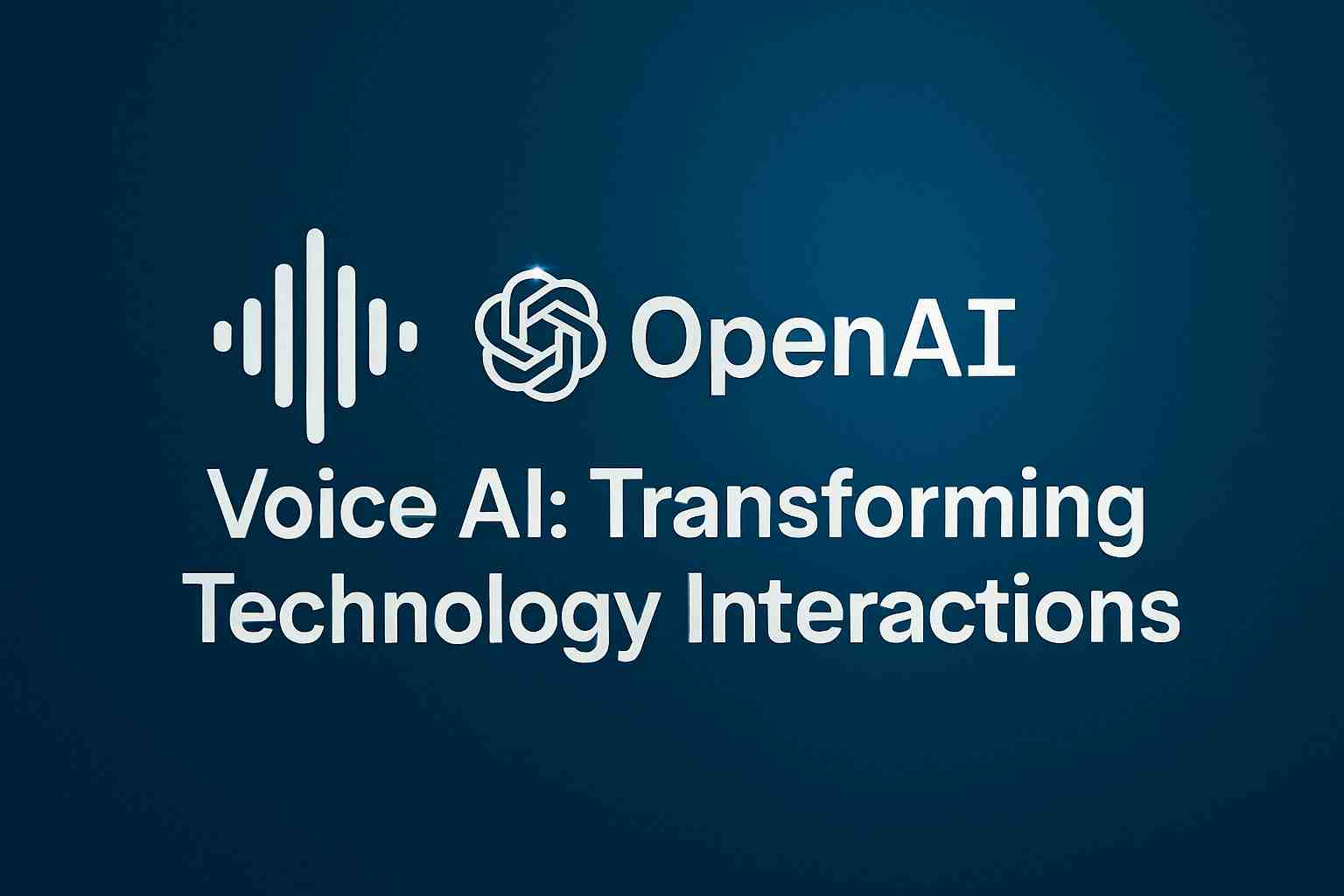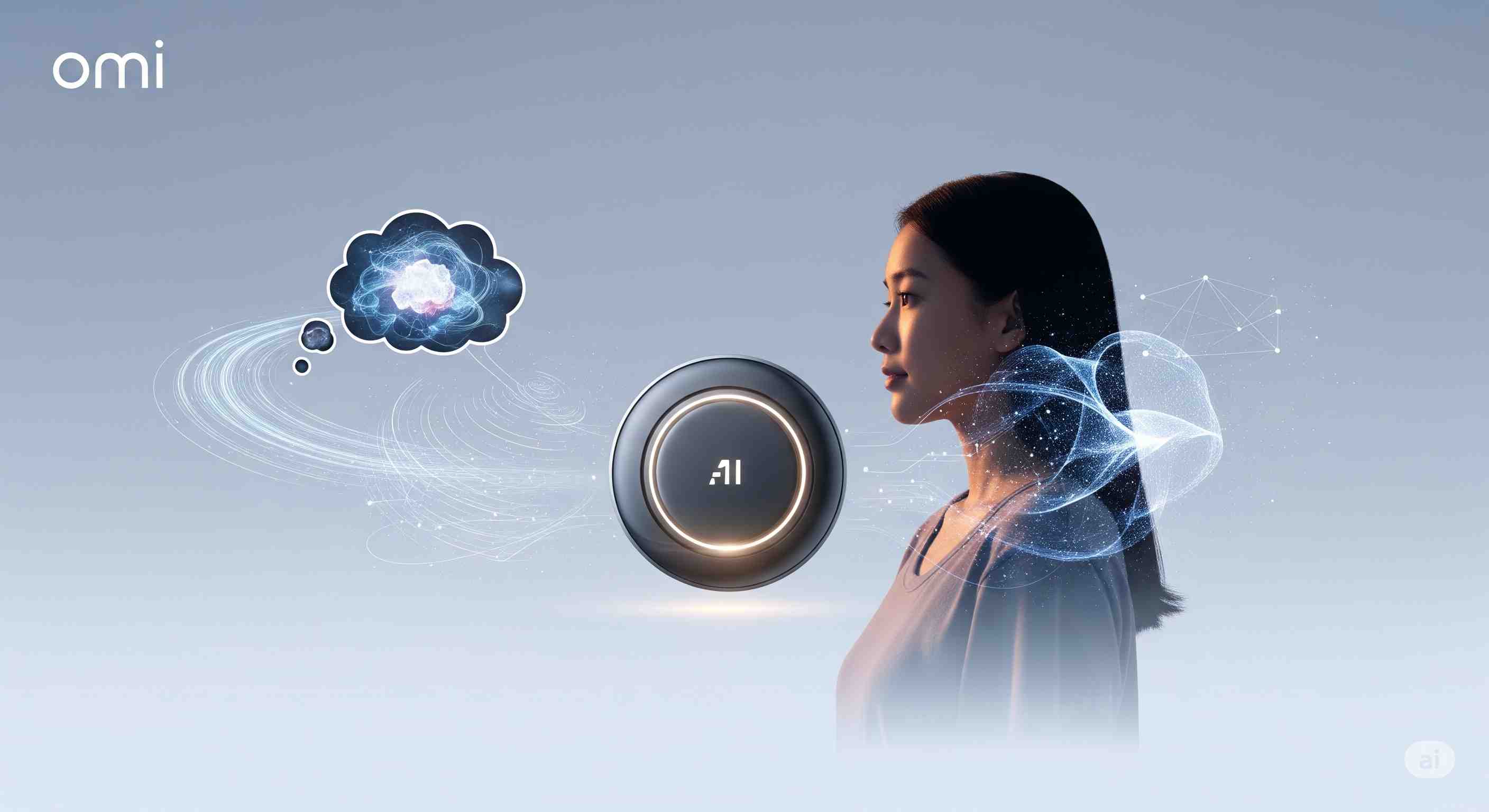OpenAI’s Voice Intelligence: The Rise of Conversational Agents
From Siri to GPT-powered voices, the evolution of voice AI is accelerating. Discover how OpenAI’s latest voice capabilities are changing communication.

Introduction
Voice-based AI is transforming how we interact with technology. OpenAI’s advances in conversational voice agents are pushing the boundaries of natural language interfaces, making virtual assistants smarter, faster, and more human-like.
What Makes OpenAI’s Voice Models Unique?
OpenAI has introduced advanced voice synthesis and real-time conversation capabilities in their GPT models. These systems can respond fluidly, understand tone, manage interruptions, and even carry on emotionally intelligent conversations—all with near-human latency and naturalness.
Applications of Voice AI
- Customer support agents that can empathize and assist 24/7.
- Real-time voice tutors and translators.
- Hands-free productivity tools for professionals.
- Personal assistants that go beyond setting reminders.
Challenges Ahead
Despite impressive progress, challenges like bias in voice data, ensuring user consent, and preventing misuse of voice cloning remain major ethical concerns.
Conclusion
OpenAI’s voice innovations signal a future where AI can understand not just what we say—but how we say it. With safeguards in place, voice AI could become the most natural way humans interact with machines.
Keywords
OpenAI voice AI, GPT-4 voice, conversational agents, real-time AI voice, voice intelligence, future of AI communication
Related Articles

Omi Wearable: The Next Evolution in Smart Healthcare
Discover how Omi Wearable is transforming healthcare by combining real-time health tracking, AI insights, and stylish design.
Read More
Tesla's Robotaxi Gamble: The Rocky Road to an Autonomous Future
Tesla has finally launched its long-promised robotaxi service, but the debut has been anything but smooth, raising questions about the immediate future of autonomous driving.
Read More